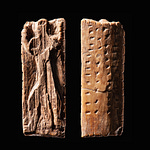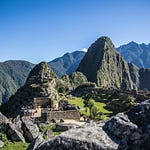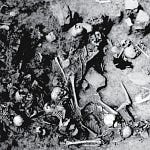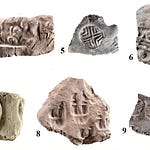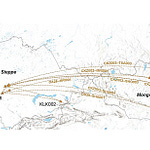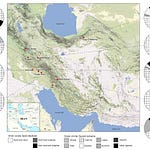The Politics of Intoxication
Around A.D. 800, the highlands of south-central Peru were alive with the hum of empire. From the city of Huari, the Wari built an administrative network that stretched across valleys and deserts, linking once-fractious chiefdoms under a shared political canopy. Their architecture was geometric, their textiles intricate, their rule effective—and, according to new evidence, their diplomacy hallucinogenic.
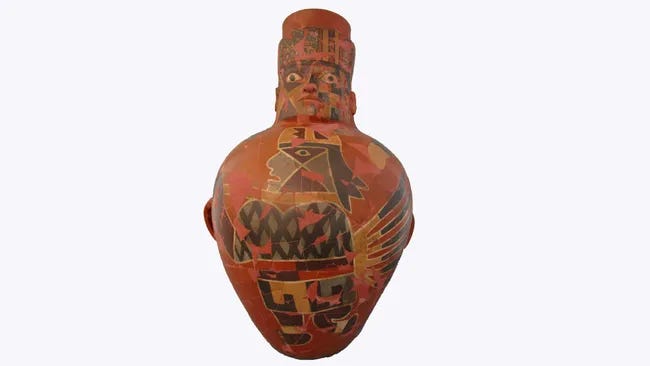
In a study published in La Revista de Arqueología Americana1, archaeologists Jacob Keer and Justin Jennings argue that Wari elites may have relied on a psychoactive brew—beer infused with the seeds of Anadenanthera colubrina, known locally as vilca—to maintain cohesion among elites and outsiders. The beer’s “afterglow,” they write, could last for days or even weeks, sustaining the psychological openness and empathy that kept newly absorbed communities within the imperial orbit.
“Power in the Wari world did not only flow through roads and bureaucrats,” says Dr. Elena Rossi, an anthropologist at the University of Cambridge. “It also traveled through bodies—through shared intoxication that blurred the boundaries between guest and host, ruler and ruled.”
The argument places the Wari in a growing body of scholarship suggesting that early states relied as much on the management of emotion and experience as on military force. In this light, the Wari were pharmacologists of politics—experimenting with chemistry to manufacture consensus.





